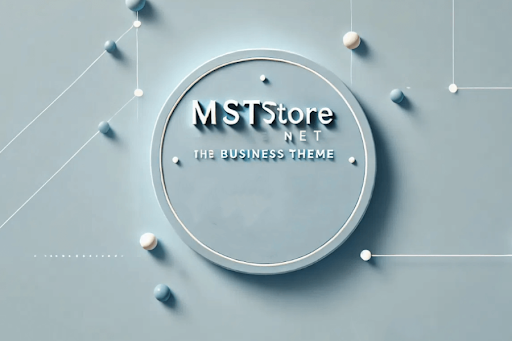
Industrial Battery Systems
In order to keep the system running smoothly, you need a number of industrial battery systems for forklifts or other small electric vehicles. You don’t need all types of equipment for each operation, but you should understand their purposes so you can choose the one that is appropriate for your organization.
Transport & Removal
The batteries of forklifts should not be recharged inside the vehicle if they are only used occasionally. The workers must also carry rechargeable batteries across the warehouse to a charging station and replace the batteries. An electric battery lifter enables easy, safe removal of the heavy cells from the vehicle. Lifters are either stationary or can be handheld, with the latter being able to carry batteries so they can replace units on the field and then transport them to a charging station.
Batteries And Charging
In order to charge batteries, they must be stored. A typical shelving system is not a suitable solution for this. The power cells can leak acid and are very heavy. A dedicated battery storage system allows the batteries to be placed in a safe place while minimizing injury risks, while also providing easy access for recharging. Until they are fully charged and ready to be used in a vehicle, these industrial battery systems keep their cargo safe and out of the way.
Getting Clean
The acid in a unit will leak out eventually, no matter how carefully sealed it is. Eventually, the terminals will become corroded, interfering with the flow of power. Since cleaning the cells by hand would not be efficient, a battery system that is capable of washing the cells was used. It is an automatic, programmable, and simple system that is easy to use. A feeder loads the units into the machine, and rollers transport them through the wash cycle and drying process. Consequently, workers are protected from toxic and corrosive chemicals by clean, acid-free batteries.
Process of Filtering
While companies may not think of water treatment as a role for industrial battery systems, some prefer to treat their own wash water as opposed to paying a third party. There are heavy metals in wash water, including lead and mercury, which makes it harmful to flush down the drain. To meet state and federal water quality regulations, treatment can be performed locally. Closed-loop filtration systems, which automatically feed treated water back to the washing unit, provide an extra level of environmental protection, because they are independent of the facility’s water and sewer systems.
In addition to improving fleet efficiency and reducing overall operating costs, investment in a comprehensive fleet management system allows a company to manage every aspect of its fleet power.
Check Out Our Blog: What is Selenite?



